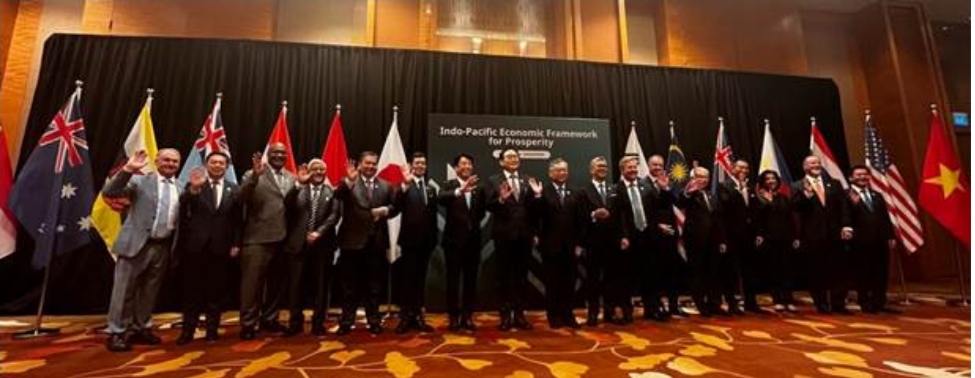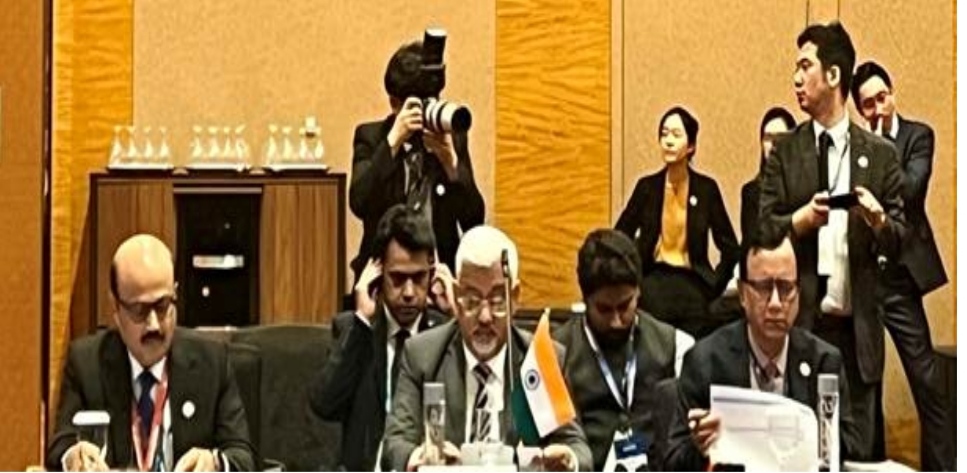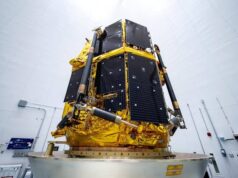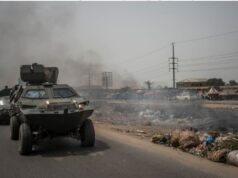Pacts inked on two more pillars of IPEF economic initiative

IPEF or the Indo Pacific Economic Forum is an endeavour by 14 countries including India and the USA to pursue deeper economic engagement in the rapidly growing Indo-Pacific region, where China has been expanding its influence. However, it differs from traditional free trade agreements as it does not involve tariff-cutting commitments.
The initiative represents about 40 percent of global gross domestic product. It groups Australia, Brunei, Fiji, India, Indonesia, Japan, Malaysia, New Zealand, the Philippines, Singapore, South Korea, Thailand, the United States and Vietnam.
The IPEF seeks to strengthen economic engagement and cooperation among partner countries with the goal of advancing growth, economic stability and prosperity in the region.
The framework is structured around four pillars relating to Trade (Pillar I); Supply Chain Resilience (Pillar II); Clean Economy (Pillar III); and Fair Economy (Pillar IV). India had joined Pillars II to IV of IPEF while it has maintained an observer status in Pillar-I.
Indian delegation was led by Secretary, Department of Commerce, Shri Sunil Barthwal Ministerial meeting held in Singapore on 6 June 2024.
All the 14 countries participating in this economic initiative for the Indo-Pacific region inked agreements on two of the initiative’s three remaining pillars — promoting clean energy and implementing proper taxation — at their ministerial talks held in Singapore on Thursday.
These areas are among the four pillars of the Indo-Pacific Economic Framework, known as IPEF, which was launched in May 2022 as an apparent counter to China’s rise. An agreement on supply chain resilience, another pillar, was signed in November and took effect in February.
The Clean Economy Agreement and the Fair Economy Agreement were signed Thursday by U.S. Commerce Secretary Gina Raimondo, Singapore Trade and Industry Minister Gan Kim Yong, Japanese trade minister Ken Saito and ministers of other member countries. India did not formally sign these agreements as domestic approval processes are still underway and will be completed after formation of the new government. These agreements will enter into force after at least five IPEF partners complete their internal legal procedures for ratification, acceptance or approval.

In his intervention, Shri Barthwal reflected on substantial progress made on the establishment of the three cooperative bodies under the Supply Chain Agreement, the Cooperative Work Programmes under the Clean Economy Agreement, and the cooperative activities under the Fair Economy Agreement. He also reiterated that India, with its skilled manpower, natural resources, and policy support, aims to become a major player in the global supply chain. Government initiatives are proactive in finding solutions and ensuring India’s participation in diverse and predictable supply chains.
Under the Clean Economy Agreement, the countries will enhance efforts to accelerate transitions to sustainable economies with the aim of achieving net-zero emissions, according to a statement issued by Singapore’s trade ministry.
The governments and private sectors of the participating countries will invest over $23 billion in infrastructure projects across various areas, including energy, agriculture and waste management.
The Fair Economy Agreement will address proper taxation coupled with anti-corruption measures by accelerating efforts to fight financial crimes, such as money laundering and terrorism financing.
The countries had reached substantial conclusions on the two agreements in November in San Francisco.
Concerning an agreement on trade, the final pillar, the outlook remains uncertain, partly due to divisions over digital trade, making it difficult to reach a consensus.
Ministerial meeting also decided to encourage holding of first meeting of the three Supply Chain institutional committees virtually in July 2024 and in-person in Washington DC in later half of 2024. It was also decided to hold next ministerial meeting virtually in September 2024 and work towards holding the first meeting of IPEF Council and the Joint Commission in 2025.




